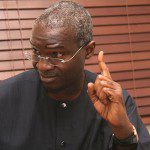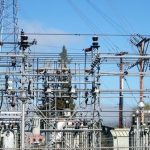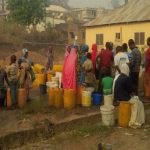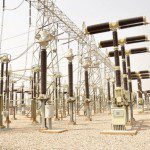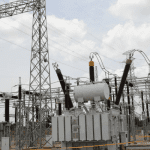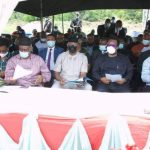The residents of Jikwoyi community, Abuja have called for the intervention of the Federal government, the Minister of Power, Adebayo Adelabu and Abuja Electricity Distribution Company (AEDC) to come to their aid with regards to the erratic electricity situation in their community.
The landlords association staged a peaceful protest in the community demanding government intervention to the perennial power outage they have been experiencing.
TVC News Senior Reporter, Habidah Lawal, who visited the community reports that an average home in Nigeria gets national grid power for about nine hours daily. It could be worse in some communities and homes.

Residents of Jikwoyi phase 4 community in Abuja Municipal Area Council of the F.C.T, have lived with epileptic power supply for over a decade.
For the 13 hamlets that make up this community, darkness is a condition they have become used to.
Olayemi Adedoyin, a barber, who runs a mini shop on a generator, narrates his ordeal to TVC news on how he manages the incredibly high electricity charges.
Seun Okunubi, another residents who barbs regularly, and a resident of this community, says they have also been denied electricity meters.
The landlord association staged a peaceful protest, calling on the government to get them metered and stop the estimated billing system.
With large oil, gas, hydro, and solar resources, Nigeria has the potential to generate 12,522 megawatts (MW) of electric power from existing plants but on most days, generates 4,000 MW, which is insufficient for the country’s population.
Only 57 per cent of the country’s over 200 million population have access to electricity.
While just 31 per cent of people living in the country’s rural areas have access to electricity, 82 per cent of people living in the urban areas that have access to electricity still experience persistent power outages.




